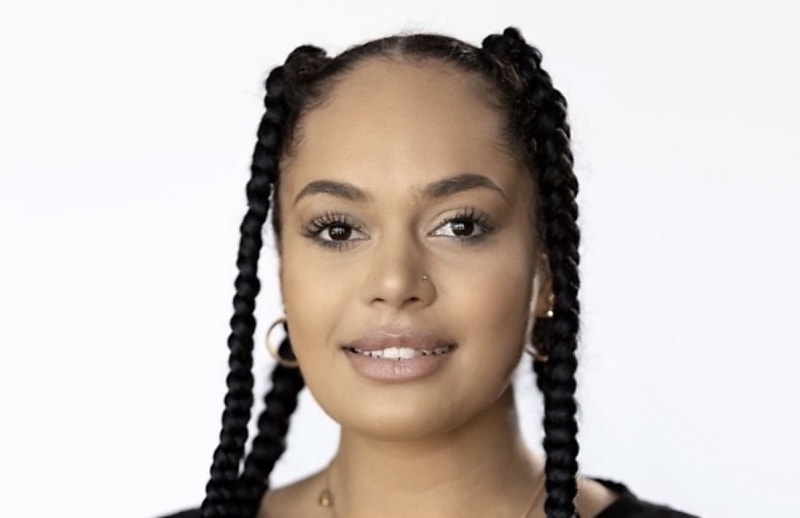Understanding the financial needs of clients from Indigenous backgrounds requires service providers to collaborate with grassroots organisations, First Nations Foundation manager, women’s economic empowerment, Larisha V Jerome says ahead of the inaugural Women in Finance Summit 2023.
“There are many First Nations organisations that know and work within their communities and run programs already,” she told Accountants Daily.
You’re out of free articles for this month
“Financial services providers need to link with them and build relationships. It’s akin to reciprocated knowledge sharing where you’re raising your cultural awareness while working with organisations that have been running workshops.
“That’s where the power is: the power of connection and collaboration, and making sure that everything is led by First Nations people. We will always know what’s best for our people.”
Ms Jerome’s comments precede the Women in Finance Summit 2023, where she and a panel of speakers will unpack how financial services providers can expand their cultural awareness to support clients from diverse backgrounds, while navigating their practices and expectations.
Ms Jerome – a Jarowair, Wakka Wakka and Wulli Wulli woman who grew up in Darug Country in Western Sydney – heads the Indigenous Women’s Financial Wellness Initiative at the First Nations Foundation.
It was developed to increase the economic security of Indigenous women across Australia by providing financial literacy training to hundreds through its online My Money Dream financial literacy training program.
It is also working with five community organisations to deliver money skills workshops to Indigenous women in their communities.
Run by a female Indigenous trainer, these virtual workshops cover individual goal setting and budgeting activities, as well as group discussions.
Ms Jerome said she uses her background working in banking, health, government (Indigenous Affairs) and the not-for-profit sector to offer sessions to Indigenous women on how to view financial wellbeing as a form of self-care, along with training around financial fitness, budgeting, saving, debt, and automation.
“We use a strength-based approach in our training rather than a deficit or lack mindset. It’s all about how to thrive. We want to use our cultural strengths to build our economic independence,” she explained.
“We want the women to have the mindset mentally that they’re abundant, capable, and educated enough to achieve financial wellness. Spiritually, we want them to feel comfortable and not worry about money shame. This is something a lot of First Nations people experience. We want them to have financial contentment.
“Physically, we want them to have the financial freedom to provide shelter and have enough to support themselves and their families.”
The sessions also weave Indigenous culture and healing to encourage women to feel comfortable to have conversations about money, Ms Jerome said.
“These sessions could be the first time anybody has spoken to the women about money, especially within their friendship circle. So, it’s about that healing component,” she said.
All sessions are tailored to the needs of the participants and their communities, Ms Jerome explained, because “the perception of wealth is completely different for all First Nations people around the country”.
The underlying goal of the program that Ms Jerome leads is to break free from the intergenerational trauma First Nations people have undergone due to colonisation, genocide, and cultural dispossession.
“Firstly, it’s about giving women back their power because you can’t feel abundant, capable, or deserving of financial independence unless you’re standing in your power,” Ms Jerome said.
“To redress the economic injustice, we need to have conversations about money.”
She encouraged financial services providers to run trauma-informed practices to support Indigenous clients (particularly women), while ensuring that everything is led by Indigenous women.
A trauma-informed practice is an approach that acknowledges that clients accessing services and those delivering services could be impacted by trauma. A trauma-informed practice provides holistic, strength-focused support while the providers are collaborative and reflective.
“That allyship is critical because it’s important to continue to reconcile with First Nations people and organisations,” Ms Jerome concluded.
To hear more from Larisha V Jerome about how to support First Nations clients and boost their financial wellbeing, come along to the Women in Finance Summit 2023.
It will be held on Friday, 10 November at The Star, Sydney.
Click here to book your tickets and don’t miss out!
For more information, including agenda and speakers, click here.

 Login
Login






